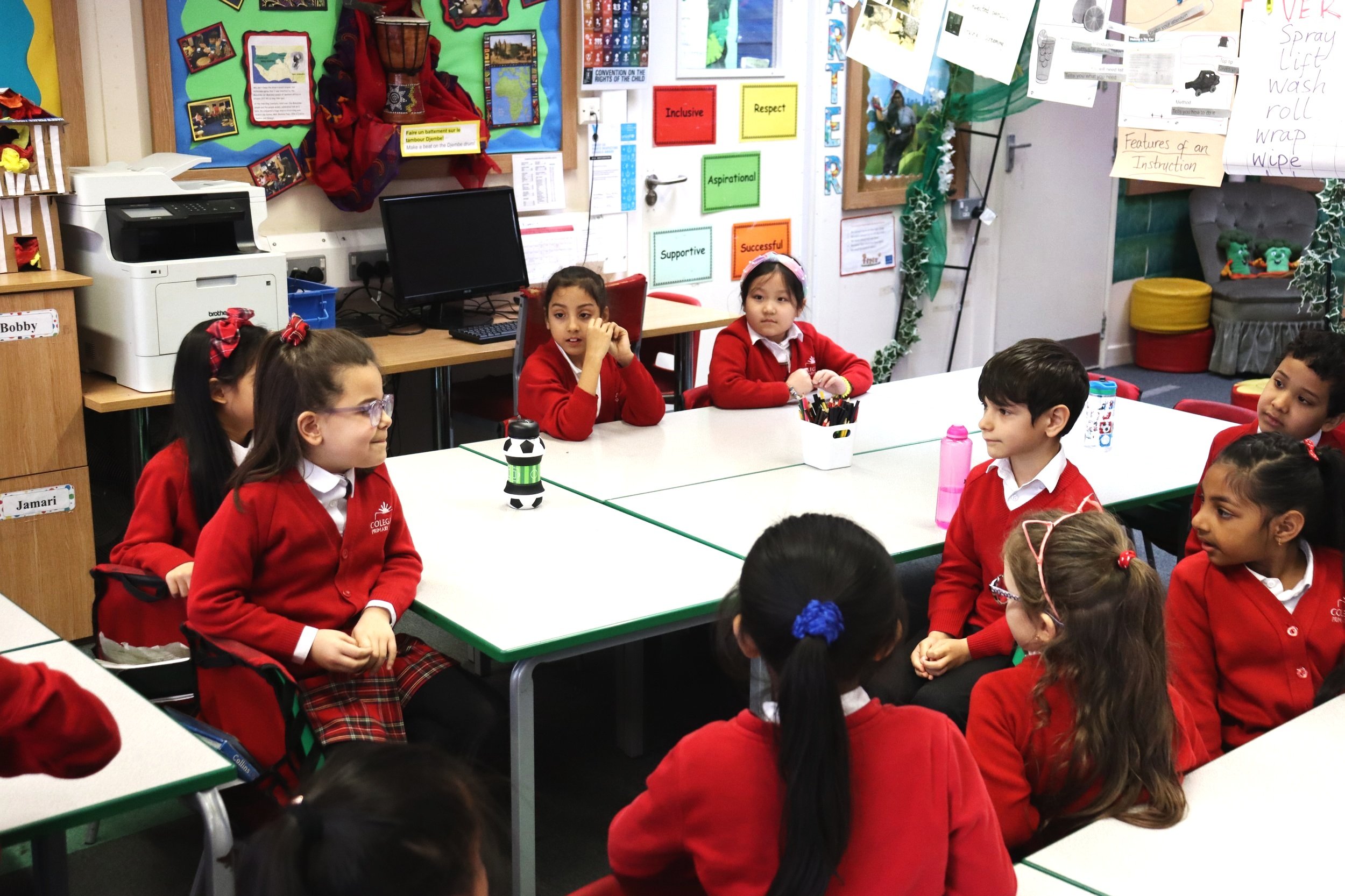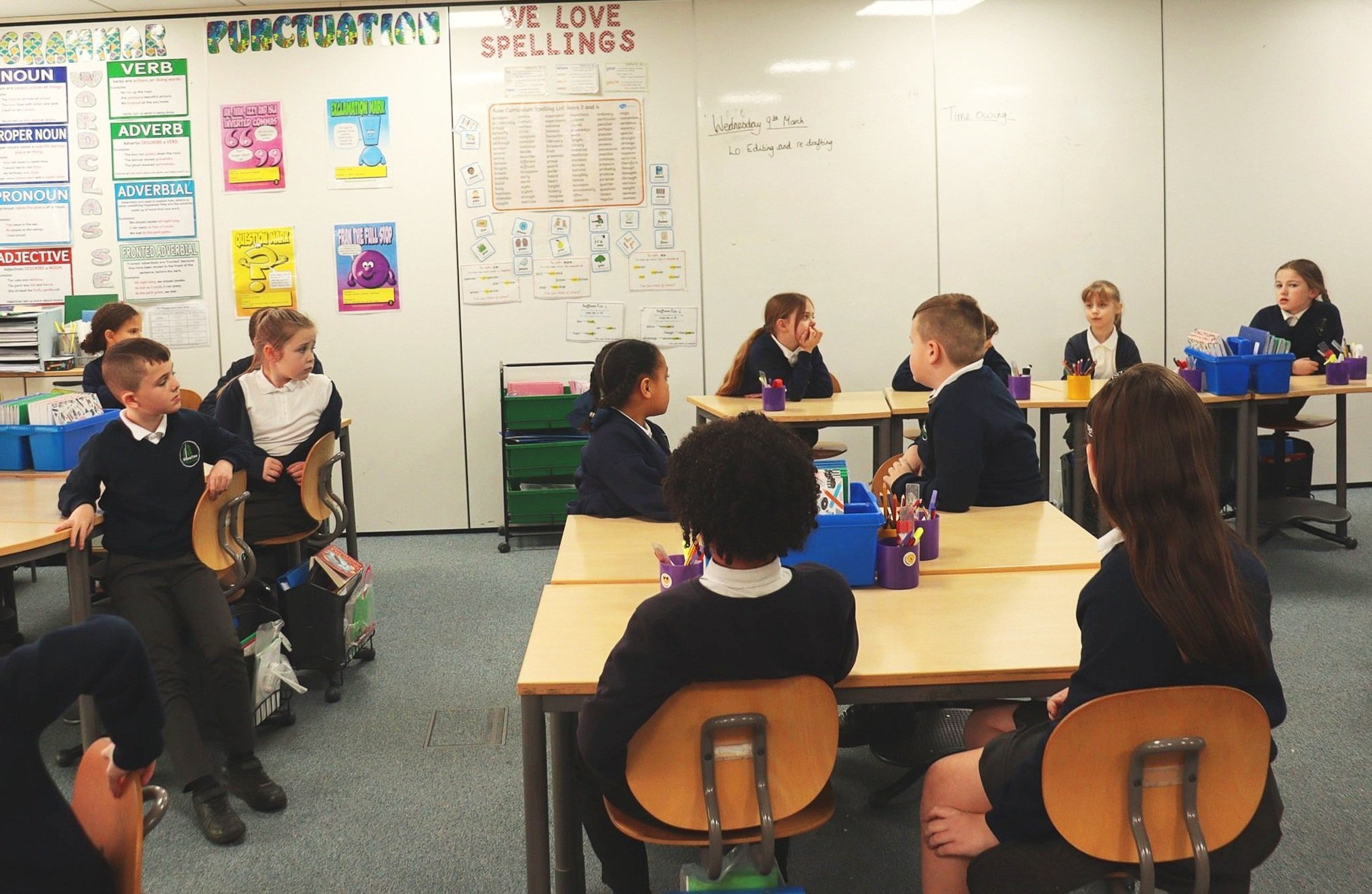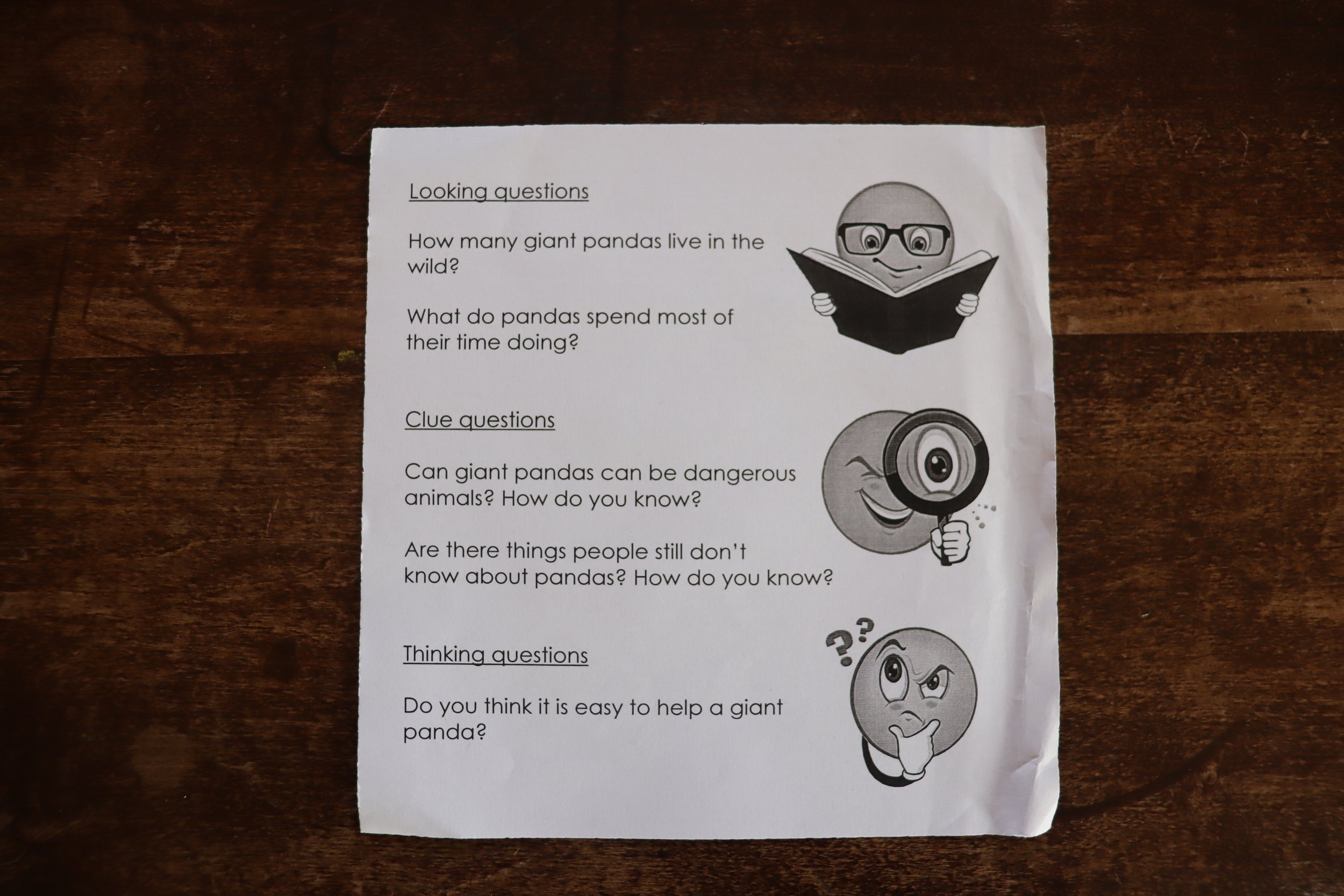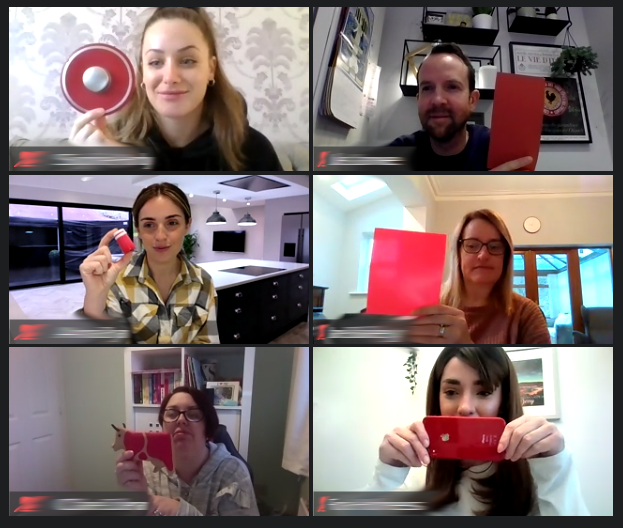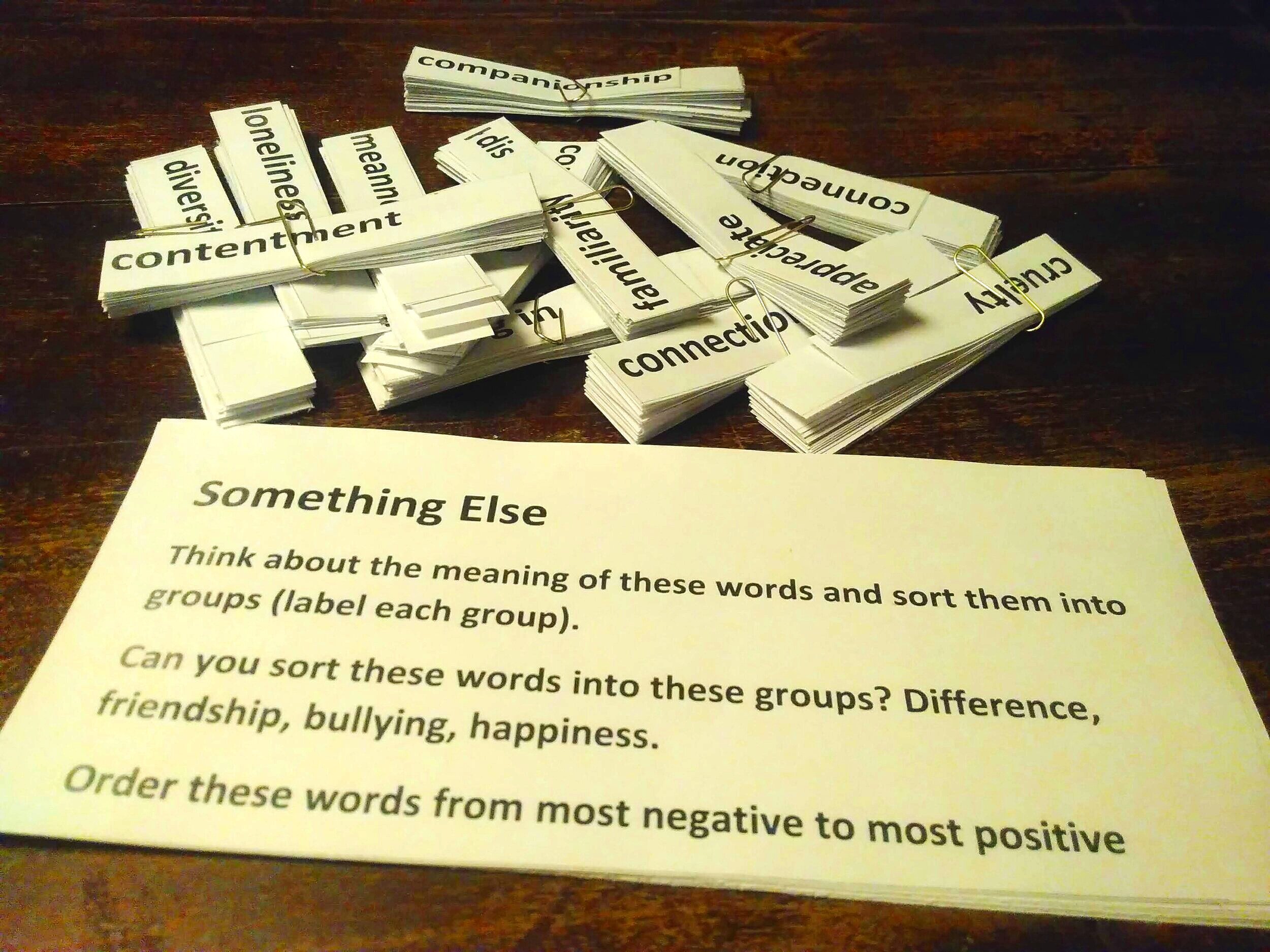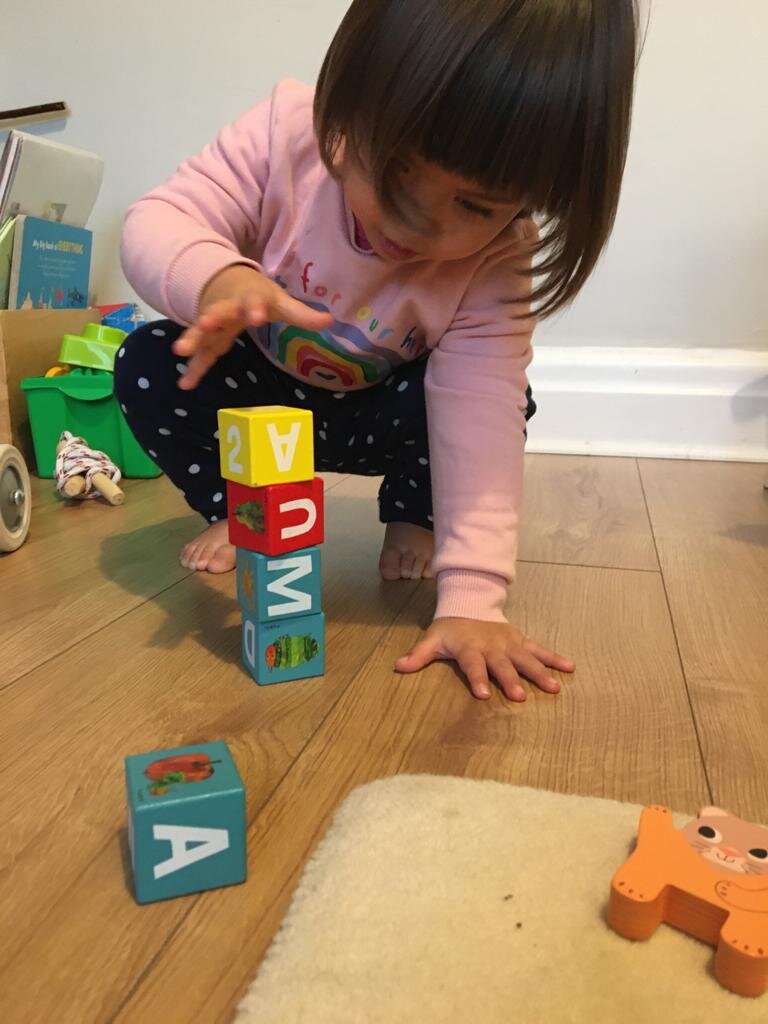A while back, some colleagues and I discussed positive behaviour and focus in Philosophy for Children sessions. Here is a list of things to consider:
Develop ground rules with the class. Revisit these often. Get students to have ownership of these ground rules.
Raise awareness of, and practise, the 4Cs, especially caring and collaborative thinking.
Use a circle whenever possible. This develops an atmosphere of equality, and helps with communication. (In secondary schools, it might be useful to plan P4C lessons back to back and have a room set up in a circle to use with several classes.)
Consider using a seating plan.
Do pupil voice about the process: What did you think of the lesson? What did you like / not like? What did you find interesting? How could we make it better next time? What do you think of Philosophy? What questions do you have? This can be written or verbal.
Do quick games involving everyone at the beginning, such as Word Connect or Change places if… so that everyone is active and feels included.
Do lots of talking in pairs, especially with children who are younger, or new to P4C. This reduces long spells of concentration and listening to others. Over time, classes will develop the stamina to listen actively for longer periods.
Make some activities physical, for example sorting cut-up statements on paper (concept stretcher example).
Use mechanisms to include all students, for example passing an object around the circle towards the end of the session. This means many who haven’t volunteered to speak will contribute.
Don’t force anyone to speak – let students pass. Over time, most will contribute if the community has developed into a place of respectful dialogue.
Encourage note-taking for older students – this can help with focus and tracking the enquiry, and can mean that quieter students feel able to contribute.
Give responsibilities. For example, Jack, please can you write down everyone’s names in the order they contribute. Shanay, please write down the names of anyone you notice showing respectful listening.
Value students’ questions. Collect them in a book, display them, or post them on the school website or social media.
Consider creating ‘P4C ambassadors’ who go to younger classes to observe, assist, role model and eventually facilitate.
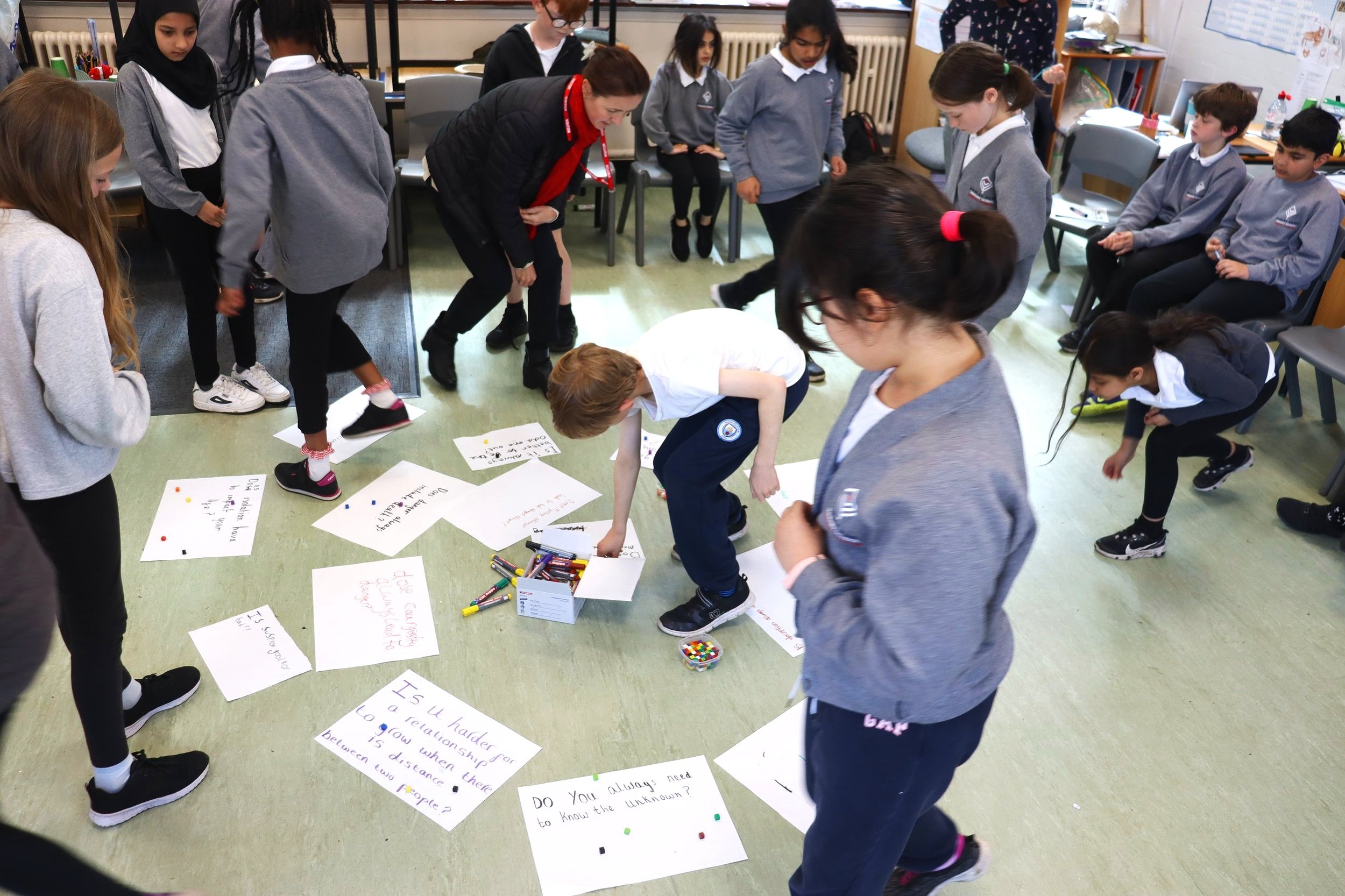
Physically moving to vote for a P4C question
How one teacher raises accountability using a quick and simple technique
Collaboration is much more likely when pupils have to do a shared piece of work
Ways to keep everyone engaged and develop the community of enquiry
What will happen when you remove the fear of being wrong?
Pupil voice about whole-class talk in Reading lessons
Using an unexpected event as a P4C stimulus
The final instalment of my tips for making online sessions more engaging
Pupils tell us why they think their peers don’t raise their hands




